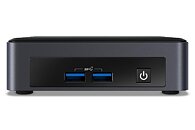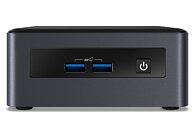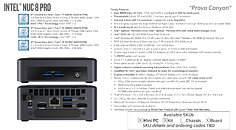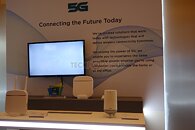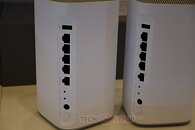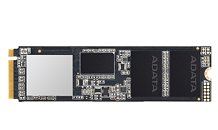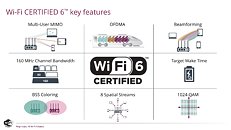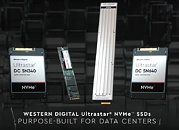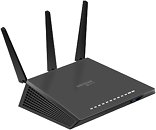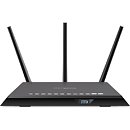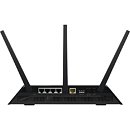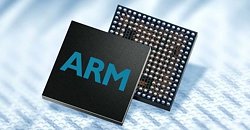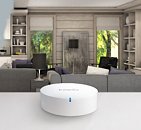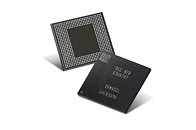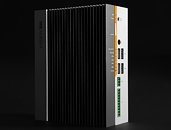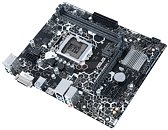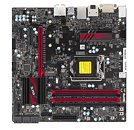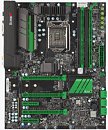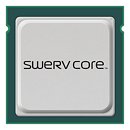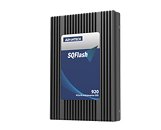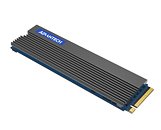
Qualcomm Announces World's Most Power-Efficient NB2 IoT Chipset
According to data from the GSMA, the world will see 3.2 billion cellular IoT connections in 2024. Qualcomm Technologies, Inc. today continues our legacy of leading wireless innovation by announcing a breakthrough new product to drive the growth of cellular IoT: the Qualcomm 212 LTE IoT Modem, the world's most power-efficient single-mode NB2 (NB-IoT) chipset.
Power efficiency is a top concern for IoT devices that have to last for years in the field. Requiring less than one micro-amp (1uA) of sleep current, the Qualcomm 212 LTE IoT Modem's cutting-edge power-efficient chipset architecture allows for extremely low average power consumption. To support wide range of batteries and longer life span of the device in the field, the modem couples ultra-low system-level cut-off voltage with provisions for adapting power usage according to varying source power levels - allowing end devices with power supply levels as low as 2.2 volts.
Power efficiency is a top concern for IoT devices that have to last for years in the field. Requiring less than one micro-amp (1uA) of sleep current, the Qualcomm 212 LTE IoT Modem's cutting-edge power-efficient chipset architecture allows for extremely low average power consumption. To support wide range of batteries and longer life span of the device in the field, the modem couples ultra-low system-level cut-off voltage with provisions for adapting power usage according to varying source power levels - allowing end devices with power supply levels as low as 2.2 volts.







